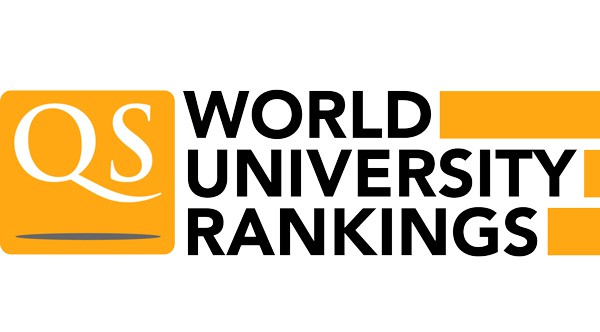The top 10 is largely static and in the top slot we find, yet again, the Massachusetts Institute of Technology. Yes, it’s six glorious years at number 1 for MIT.
It’s not quite as impressive as Bologna’s reign at the top of this list but still pretty good going. There are a few minor place swaps but, aside from these, the top 10 is very much as you were.
 Based on six performance indicators, the ranking assesses university performance across four areas: research, teaching, employability and internationalization. These are weighted as follows:
Based on six performance indicators, the ranking assesses university performance across four areas: research, teaching, employability and internationalization. These are weighted as follows:
- Academic reputation (40%)
- Employer reputation (10%)
- Student-to-faculty ratio (20%)
- Citations per faculty (20%)
- International faculty ratio (5%)
- international student ratio (5%)
Full details of the rankings methodology can be found at the QS website. As in the last ranking four out of the top 10 are from the UK which remains an impressive performance.
Global top ten
- Massachusetts Institute of Technology (MIT) (Last year: 1)
- Stanford (2)
- Harvard (3)
- Caltech (5)
- Cambridge (4)
- University of Oxford (6)
- University College London (7)
- Imperial College (9)
- University of Chicago (10)
- ETH Zurich (8)
Top UK universities
It’s not all good news for UK universities though:
This year’s edition indicates that the majority of the UK’s higher education institutions have proved unable to avoid further decline after last year’s regressive performance. 76 UK institutions are ranked this year, 51 of whom record drops. The University of Cambridge falls one place to 5th, while 11 of the 16 ranked Russell Group institutions see downward movements.
The 16 UK universities in the top 100 are as follows:
5 Cambridge (4)
6 University of Oxford (6)
7 University College London (7)
8 Imperial College (9)
23 King’s College London (21)
24 University of Edinburgh (19)
34 University of Manchester (29)
35 LSE (37=)
44 University of Bristol (41)
57 University of Warwick (51=)
65 University of Glasgow (63=)
78= Durham University (74)
82= University of Sheffield (84)
84= University of Nottingham (75=)
84= University of Birmingham (82)
92 University of St Andrews (77)
The University of Southampton and the University of Leeds both drop out of the top 100.
It’s not a great story then for UK universities. QS suggest that the primary reasons for the slippage are weaker research performance and reputational decline:
- Falls in relative research performance. 45 of the UK’s 76 universities receive lower scores for QS’s Citations per Faculty metric, which measures the impact achieved by a university’s research. The University of Cambridge, despite remaining the United Kingdom’s leading ranked research institution, has seen its Citations per Faculty score drop from 93.7 to below 80 in two years;
- Falls in its standing among both the global and domestic academic communities. 46 of the UK’s institutions receive lower scores for QS’s Academic Reputation metric, which records over 75,000 responses to QS’s Academic Reputation survey from faculty across the world.
Of course it will be years before Brexit starts to have an impact on these rankings but it is hard to imagine how it is going to enhance UK universities’ positioning in either of these dimensions.












